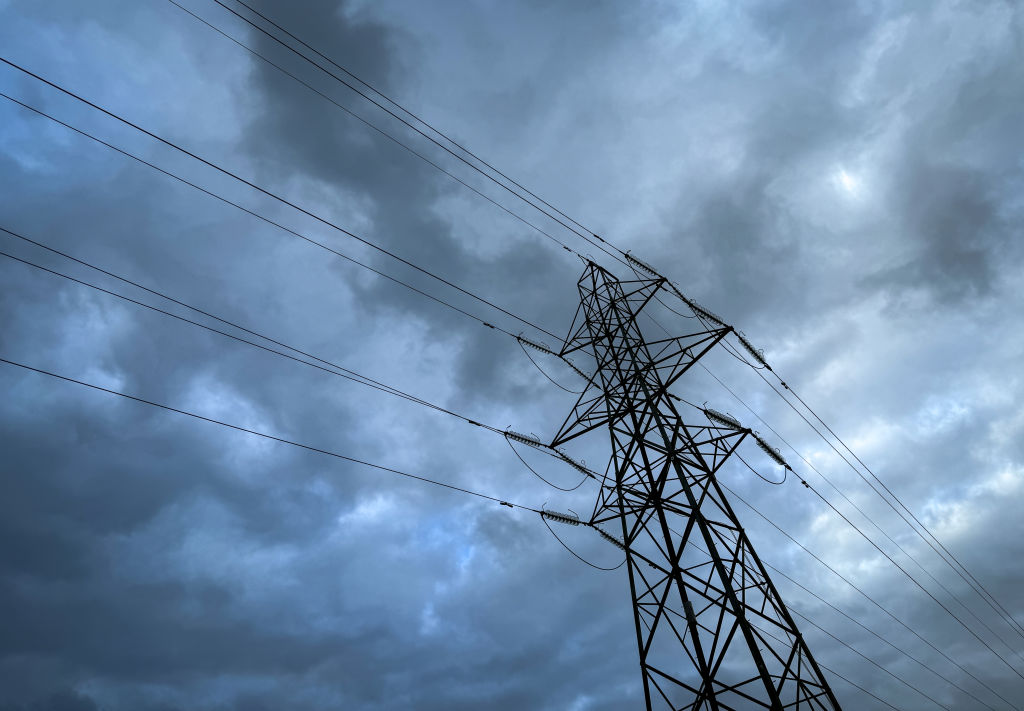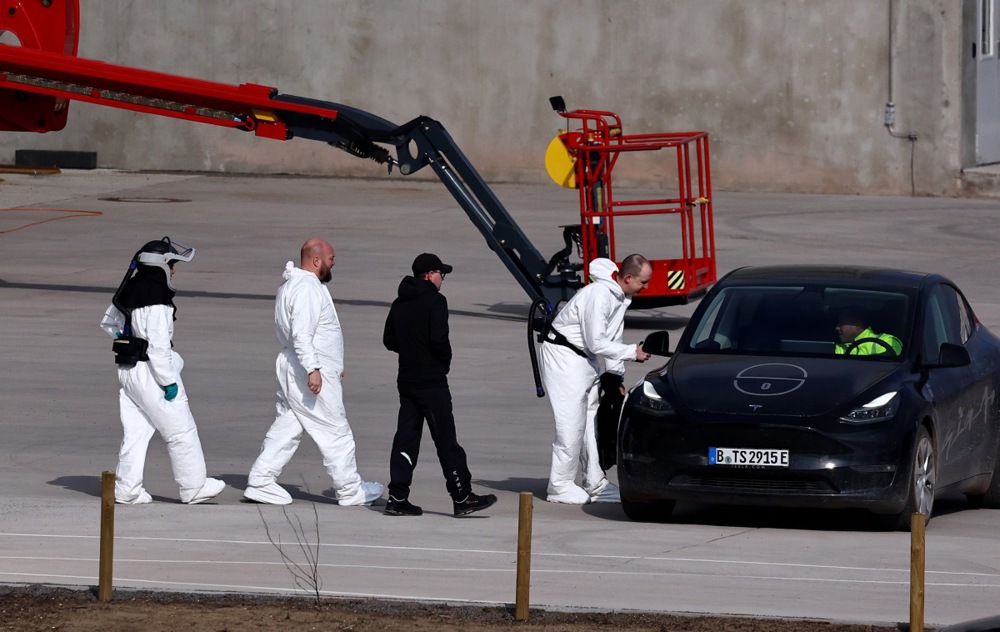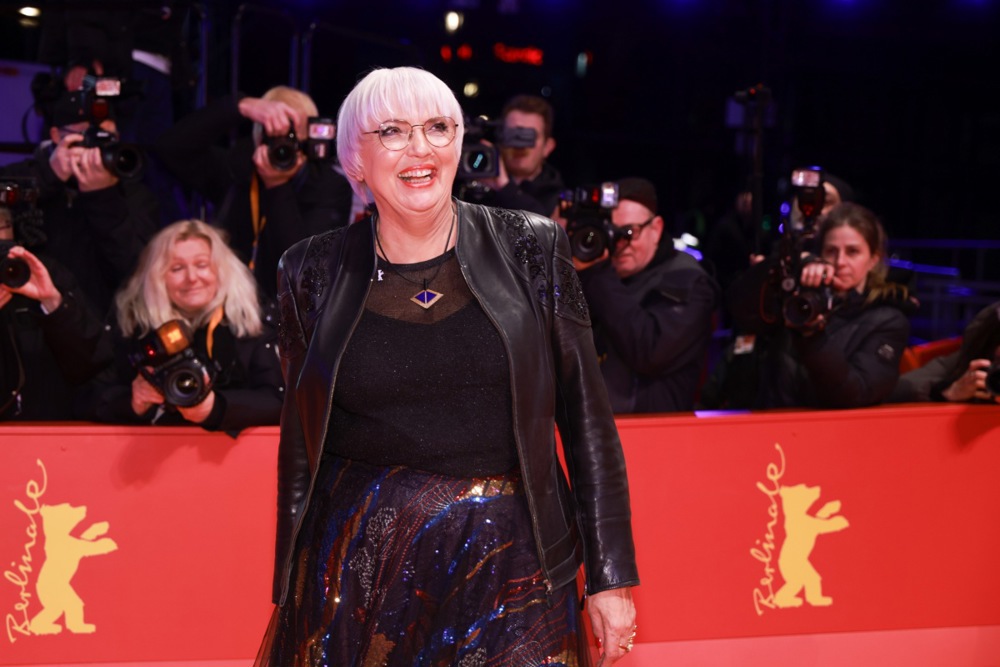With just over 80 days until the European Parliament elections, an Ipsos poll shows big gains for Conservatives and nationalists, while Greens are set to lose out badly.
The traditional, pro-European parties of the European People’s Party (EPP), Socialists and Democrats (S&D) and the Liberal group (Renew) are all projected to see falls.
Despite the predicted losses, these parties should be able to keep a comfortable majority, making European Commission President Ursula von der Leyen likely to achieve a second term in office.
Such an outcome would give the EPP many more options to make deals with the Right. In particular, it would open the door to tone down proposed environmentalist legislation.
The Ipsos poll was commissioned by Euronews and surveyed 18 out of the 27 European Union Member States. The results were refined by researchers who re-weighted them for what was termed representativeness and supplemented them with documentary research for the remaining nine smaller EU nations to reach a picture reflecting the opinions of 96 per cent of the EU.
It indicates that nationalists may achieve a significant victory in the European Parliament June elections.
According to Ipsos, the Identity and Democracy group (ID) and the European Conservatives and Reformists (ECR), if they keep their current compositions, could grow their presences substantially.
ID is said to be set to add 22 MEPs while ECR can hope on eight more representatives. Together, both parties would end up with 157 MEPs.
That combined force would only be surpassed by the EPP, which is anticipated to maintain its current size, with a possible loss of just one seat.
The Socialist group would end up third, sliding from 140 to 136 MEPs.
A big loser would be the Renew group, set to tumble from 102 to 85 seats, losing 17 MEPs, putting it in the same league as the ID and ECR, unlike currently.
The other major causality, according to the poll, would be the Greens. It would also lose 17 seats and having 72 seats now, it would be reduced to 55.
A strong driver for the likely changes seems to be France and Germany.
Renew, the party that counts French President Emmanuel Macron as a member, is projected to take a hard hit, while the French National Rally party leader Jordan Bardella – a member of the ID Group – is set to gain significantly.
The loss for the Greens is, researchers said, mainly attributable to Germany as the Greens appear to be able to hold ground in most other countries.
The rise of Dutch MP Geert Wilders-led PVV, which has no representatives in the European Parliament today, also has relative significance.
Still, Euronews also noted, with still several months to go before the elections, there could well yet be changes of allegiance or new coalitions.
It added: “One key thing to watch will be the role of the ‘non-attached’ MEPs who don’t belong to any defined group, who the poll suggests could constitute nearly 10 per cent of lawmakers.”
Parties such as Fidesz in Hungary, which left the EPP in 2021, and Italy’s currently unaffiliated Five Star Movement, could join any of the competing groups and maybe help provide some vital extra seats.





